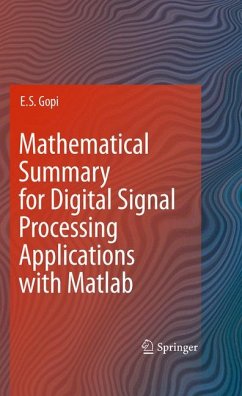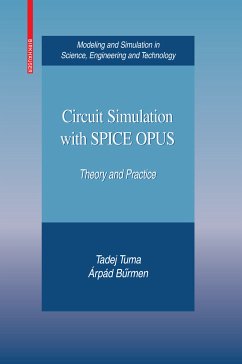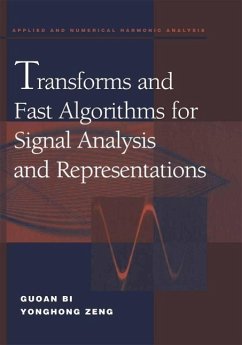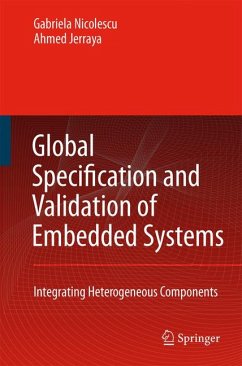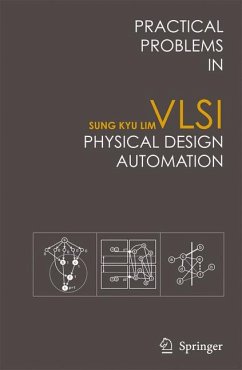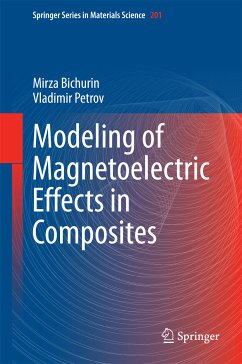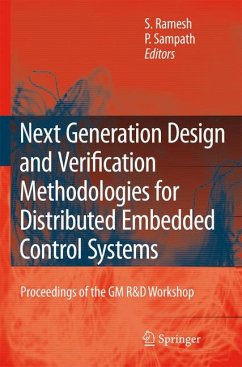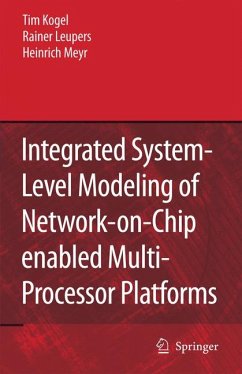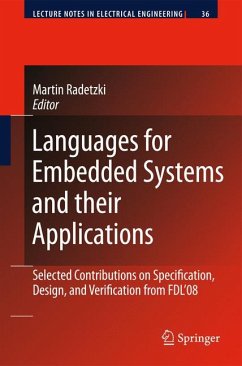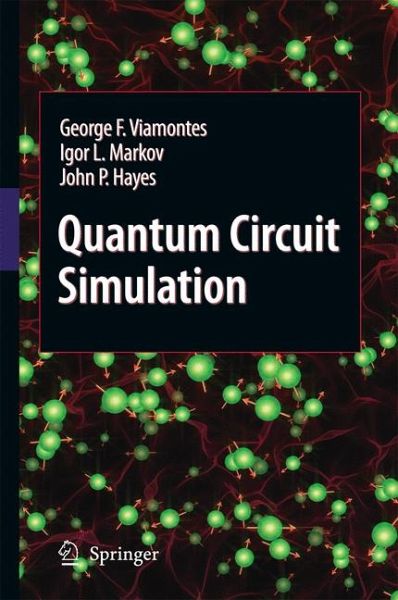
Quantum Circuit Simulation (eBook, PDF)
Versandkostenfrei!
Sofort per Download lieferbar
72,95 €
inkl. MwSt.
Weitere Ausgaben:

PAYBACK Punkte
36 °P sammeln!
Quantum Circuit Simulation covers the fundamentals of linear algebra and introduces basic concepts of quantum physics needed to understand quantum circuits and algorithms. It requires only basic familiarity with algebra, graph algorithms and computer engineering. After introducing necessary background, the authors describe key simulation techniques that have so far been scattered throughout the research literature in physics, computer science, and computer engineering. Quantum Circuit Simulation also illustrates the development of software for quantum simulation by example of the QuIDDPro pack...
Quantum Circuit Simulation covers the fundamentals of linear algebra and introduces basic concepts of quantum physics needed to understand quantum circuits and algorithms. It requires only basic familiarity with algebra, graph algorithms and computer engineering. After introducing necessary background, the authors describe key simulation techniques that have so far been scattered throughout the research literature in physics, computer science, and computer engineering. Quantum Circuit Simulation also illustrates the development of software for quantum simulation by example of the QuIDDPro package, which is freely available and can be used by students of quantum information as a "quantum calculator."
Dieser Download kann aus rechtlichen Gründen nur mit Rechnungsadresse in A, B, BG, CY, CZ, D, DK, EW, E, FIN, F, GR, HR, H, IRL, I, LT, L, LR, M, NL, PL, P, R, S, SLO, SK ausgeliefert werden.



